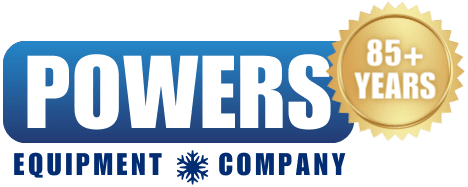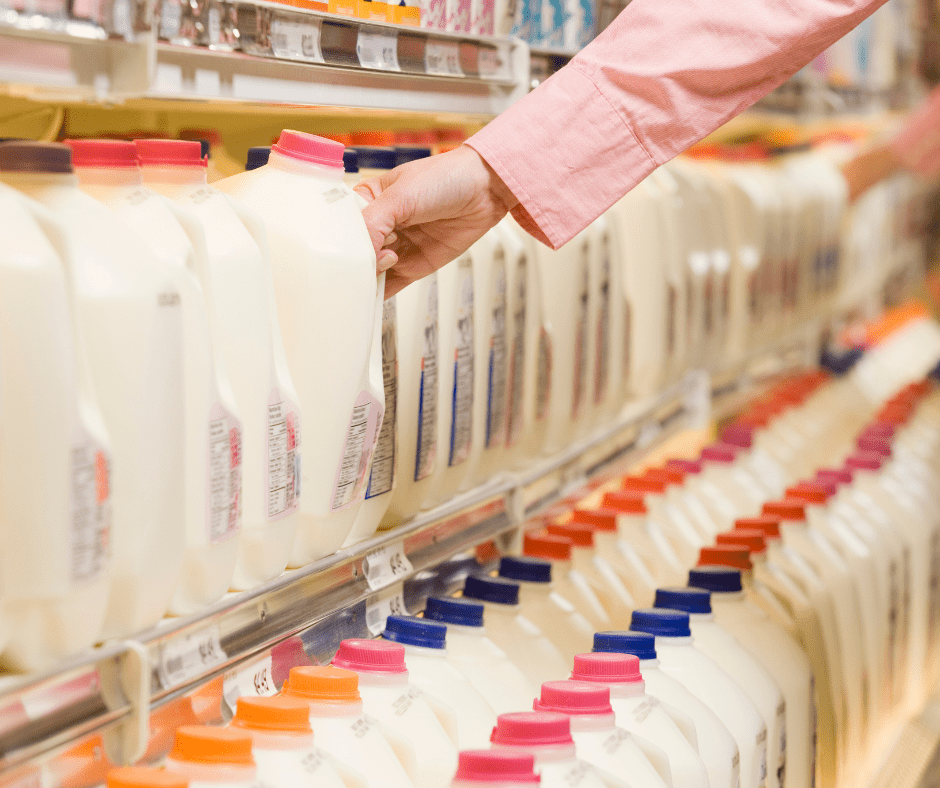
There’s no denying that milk is a primary staple in the food industry, as it is purchased by many types of consumers. As a rich and nutritious drink, milk consists of high-quality protein, calcium, vitamin B12, and riboflavin. But it’s shelf life depends on proper storage. That’s why it’s important for your establishment to be equipped with the right commercial milk cooler so that products are properly stored to stay fresh for consumers. When selecting a quality commercial milk cooler, there are several important factors to consider, including temperature consistency and energy efficiency.
What are commercial milk coolers used for?
Commercial milk coolers are an important piece of equipment that is specifically manufactured to preserve the quality of dairy products. Unlike a standard refrigerator, milk will last longer when stored in a milk cooler because its main function is to keep dairy products cold, even when open to consumers for selection. Commercial milk coolers also offer convenience for cafeterias, restaurants and stores, allowing them to serve directly from the case, or when used as a storage solution in a back room.
Why is it important to store milk in a commercial milk cooler?
There are a lot of regulations to be mindful of when it comes to kitchen safety, especially with products that can create serious health problems for consumers if not stored properly. Commercial milk coolers work to prevent milk from spoiling and ensure that it is safe for consumption. Along with maintaining the right temperature, another important safety feature that milk coolers offer is its structure. The design and construction of a commercial milk cooler is put together so that the seals, hinges, doors, and shelves, as well as the mechanical areas, provide a proper seal for durability. In addition, these features are easily accessible for regular cleaning and sanitation to meet safety protocols.
How Do Commercial Milk Coolers Keep Products Cold for Consumers?
Establishing the right temperature to help preserve dairy products will go a long way. Commercial milk coolers can be powered by two different types of cooling technologies: a cold wall evaporator or forced-air refrigeration. The forced-air option uses fans to push air over an evaporator coil, while cold wall technology uses a refrigerant in tubes in the walls of the milk cooler to keep products cold. The advantage of cold wall refrigeration is that it is quieter than forced-air units and uses space more efficiently. For this reason, cold wall technology is often preferred, especially when milk cartons are presented to consumers in the crates they were delivered in.
Look for a Commercial Milk Cooler that offer Temperature Control
Sometimes a typical refrigerator isn’t enough for storing dairy products, especially items like milk that rely on proper storage to sustain peak freshness. When selecting a commercial milk cooler, it’s best to have an understanding of what determines a high quality system. Look for a milk cooler that will include these key aspects:
- Temperature Control
- Temperature Consistency
- Easy Maintenance
- Energy Efficiency
Commercial milk coolers from Powers Equipment deliver all of these features. As long as the commercial milk cooler contains these key attributes, dairy products will be stored at the highest standard, resulting in satisfied customers.
Contact Powers Equipment for customized Commercial Milk Coolers!
Customizable commercial milk coolers from Powers Equipment provide the best quality and convenience for milk storage needs. Along with offering the preferred choice of cold wall technology with copper tubing, Powers Equipment’s commercial milk coolers also come in three capacities. This includes a 13-case capacity, 16-case capacity, and 18-case capacity. Other features include:
- Stainless steel exterior finish
- 1/5 Horsepower condensing unit
- R-290 Hydrocarbon Refrigerant for energy efficiency
- Thermometer
- Bottom drain
- Optional locks
Contact us to learn how we can customize a commercial milk cooler for your school or business today!

